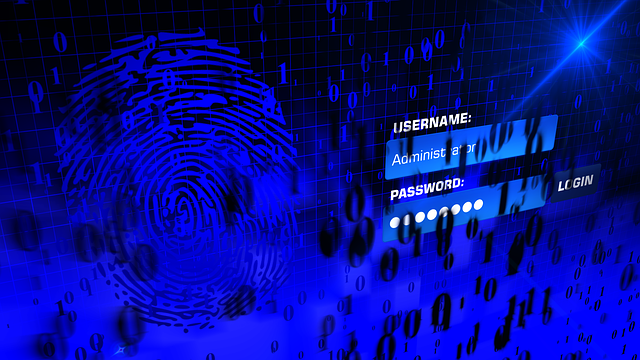
Good password hygiene is essential to maintaining strong cybersecurity for your organization. Passwords are frequently the first avenue of protection against cyber assaults. Therefore individuals must understand the significance of safe passwords and appropriate password management.
Many people neglect the importance of good password hygiene and do not take the necessary steps to secure their passwords. That can lead to several problems, including using weak and easily guessable passwords, reusing passwords across multiple accounts, and writing down or sharing passwords. All of this results in time wasted resetting passwords and additional frustration. ExpressVPN’s study on password reset reveals that the typical time required to reset a password is three minutes and 46 seconds. Americans take the longest, with 37% spending more than four minutes and 7% requiring more than ten minutes.
Neglecting password hygiene can also increase the risk of cyber attacks, as cybercriminals can use easily guessable passwords to gain access to sensitive information and systems. This article will examine why proper password hygiene is crucial for cybersecurity and your betterment.
What is Password Hygiene?
Password hygiene refers to the practices and habits individuals and organizations follow to ensure the security and privacy of their passwords. That involves establishing complex passwords, changing passwords regularly, using separate passwords for various accounts, not jotting down or exchanging login details, and refraining from including easily guessable elements in passwords like personal data. Individuals and companies may lower the threat of cyber attacks and secure confidential material by practicing excellent password hygiene. Regular training and education on password hygiene best practices can help employees understand the importance of these practices and implement them in their daily work.
Failure to follow good password hygiene practices can increase costs for individuals and organizations and damage their reputations if sensitive information is compromised. It is important for individuals and organizations to understand the importance of good password hygiene and to regularly educate employees on the best practices for secure password management.
Benefits of Strong Password Hygiene
1. Prevents Unauthorized Access
A strong password helps prevent unauthorized access to sensitive information and systems by providing an obstacle for cybercriminals. Using complex passwords that are difficult to guess, you can reduce the risk of cyber-attacks and ensure that your sensitive information remains secure.
2. Protects Against Data Breaches
Data breaches can be costly and damaging to an organization’s reputation. Good password hygiene can help to prevent data breaches by ensuring that employees are using strong passwords and are not reusing the same password across multiple accounts.
3. Increases Productivity
By reducing the number of password reset requests and reducing the time spent on password-related issues, good password hygiene can increase employee productivity and reduce the burden on IT support staff. By using strong, unique passwords for each of their accounts, individuals can also avoid the frustration and time lost from having to reset forgotten passwords. This can lead to less time spent on password-related issues and more time spent on productive work.
4. Reduces the Risk of Identity Theft
Identity theft is a growing concern, and good password hygiene can help reduce the risk by ensuring that employees are using strong, unique passwords for each account. With identity theft, a criminal can use an individual’s personal information to open credit card accounts, take out loans, and commit other financial crimes, leaving the victim with a damaged credit score and financial losses. The aftermath of identity theft can be time-consuming and stressful for victims, who may need to spend months or even years trying to restore their good name and financial standing.
5. Improves Compliance
Many businesses are subject to stringent cybersecurity legislation and standards, including the Payment Card Industry Data Security Standard (PCI DSS) and the Health Insurance Portability and Accountability Act (HIPAA). Good password hygiene is essential to meeting these regulations and standards and helps ensure compliance.
Final Words
Good password hygiene is essential for maintaining strong cybersecurity for your organization. You may lower the threat of cyber attacks and secure your sensitive data by creating rules and processes that encourage the creation of strong passwords and frequent password resets. It is critical to teach people the significance of proper password hygiene regularly and to equip employees with the resources and information required to keep strong passwords.